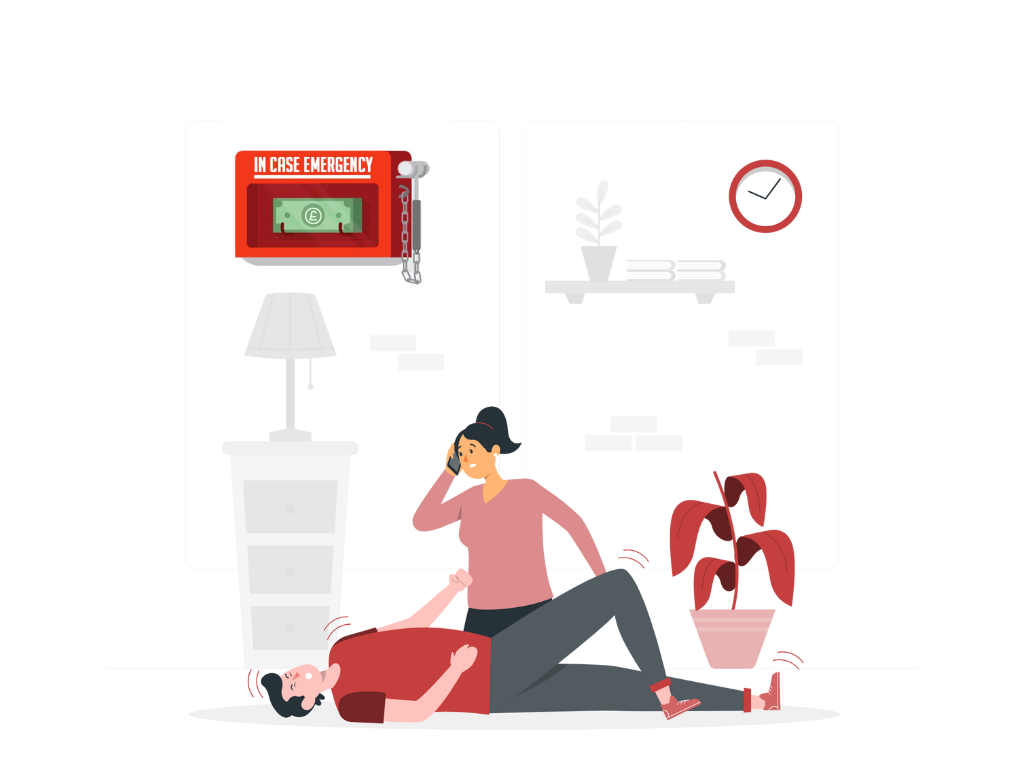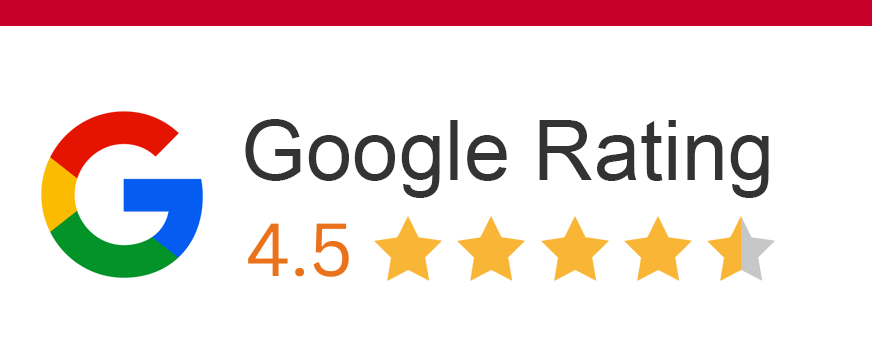Overview
If you’re like most people, you might find yourself in a financial bind at some point due to an emergency. Whether it’s having to make ends meet because of unemployment or being unable to afford medical bills due to unexpected illness, there are many times when people are forced to seek help from others to make their lives a little easier.
However, it can be difficult and confusing if you’re unfamiliar with what is available in the market. That’s why we’ve built this informative guide for anyone in need of money in an emergency. This article will solve this problem by giving you all the information you need regarding emergency loans!
What are Emergency Loans?
Emergency loans are quick short-term loans that you can get within a couple of hours, and for a few months at the most. They are used to cover unforeseen and unexpected expenses such as car repairs, medical bills, or any other financial emergency you don’t have funds for. Many people use emergency loans to pay off their credit card debt or other debts that they have incurred.
Why do Emergency Loans Have High APRs?
There are a few reasons why emergency loans tend to have high APRs.
First, since these loans are typically for smaller amounts of money, the interest charged on the loan represents a larger percentage of the loan amount.
Second, emergency loans are often unsecured, meaning that the lender has no collateral to fall back on if the borrower defaults. This makes them riskier for lenders, and they tend to charge higher interest rates to offset this risk.
Finally, emergency loans are often needed quickly, so lenders may charge higher fees for faster processing and approval.
Are Emergency Loans Easy to Get?
Emergency loans are usually easy to get because lenders know that people who need them are in a difficult situation and need the money quickly. The application process is usually quick and simple, and you can often get the money you need within a few days or sometimes even hours. However, emergency loans can be more expensive than other types of loans because they are designed for people who need money quickly and may not be able to repay the loan in a timely manner.
Are Emergency Loans Right for You?
There are many reasons why someone might need an emergency loan. Maybe you have unexpected medical bills, or your car needs repairs. Whatever the reason, an emergency loan can help you cover the costs.
But before you take out an emergency loan, it’s important to make sure it’s the right decision for you. Ask yourself if you can afford the loan payments, and if you’ll be able to pay back the loan in a timely manner. It’s also important to shop around and compare interest rates before you decide on a loan.
If you’re not sure an emergency loan is right for you, it’s always a good idea to speak with a financial advisor. They can help you understand your options and make the best decision for your situation.
Are There Emergency Loans With No Credit Check?
No Credit Check Loans is just a marketing gimmick. Emergency loans and other types of personal loan in the UK are given by the lenders after running a credit check on you. Lenders have to ensure you are not a vulnerable customer and that you can afford the monthly repayments, and to ensure it, they always do a credit check. However, our lenders just do a Soft Credit Check for you to compare the loans on our website and to see their offers, and that soft credit check doesn’t have any impact on your credit profile, as it leaves no footprint.
If you have a bad credit history or no credit history at all, you may still be able to get cash fast by taking an emergency loan. An emergency loan is short-term financial support that comes in handy when you are facing unexpected expenses and need fast cash.
To qualify for an emergency loan, all you need is proof of identity and income. You may also need to show proof of your current employment status and your pay slips to prove your income.
Are There Alternatives to Emergency Loans?
There are several alternatives to emergency loans, including negotiating hardship payment plans with your creditors or asking your employer for a paycheck advance. If these options don’t work for you, then you could possibly get a cash advance from your credit card issuer or an alternative payday loan from a credit union. These loans can be good options if you know how to repay them within one to six months, and the interest rates are usually lower.


























